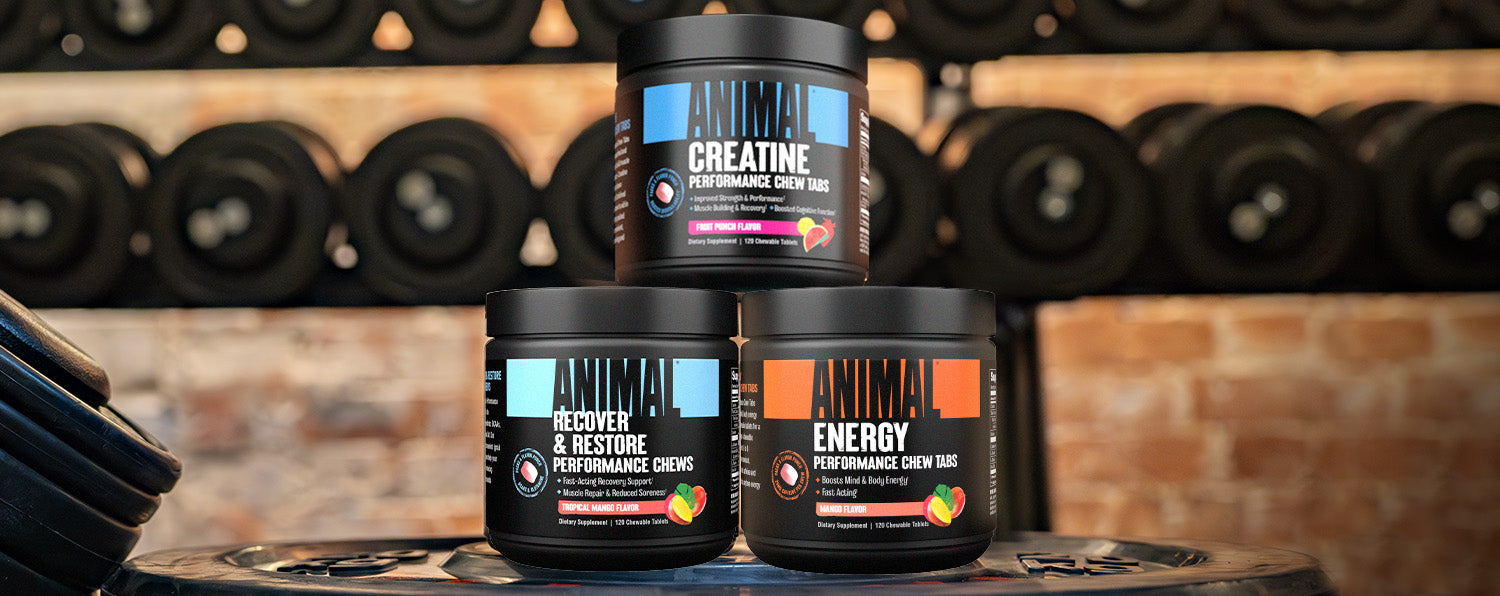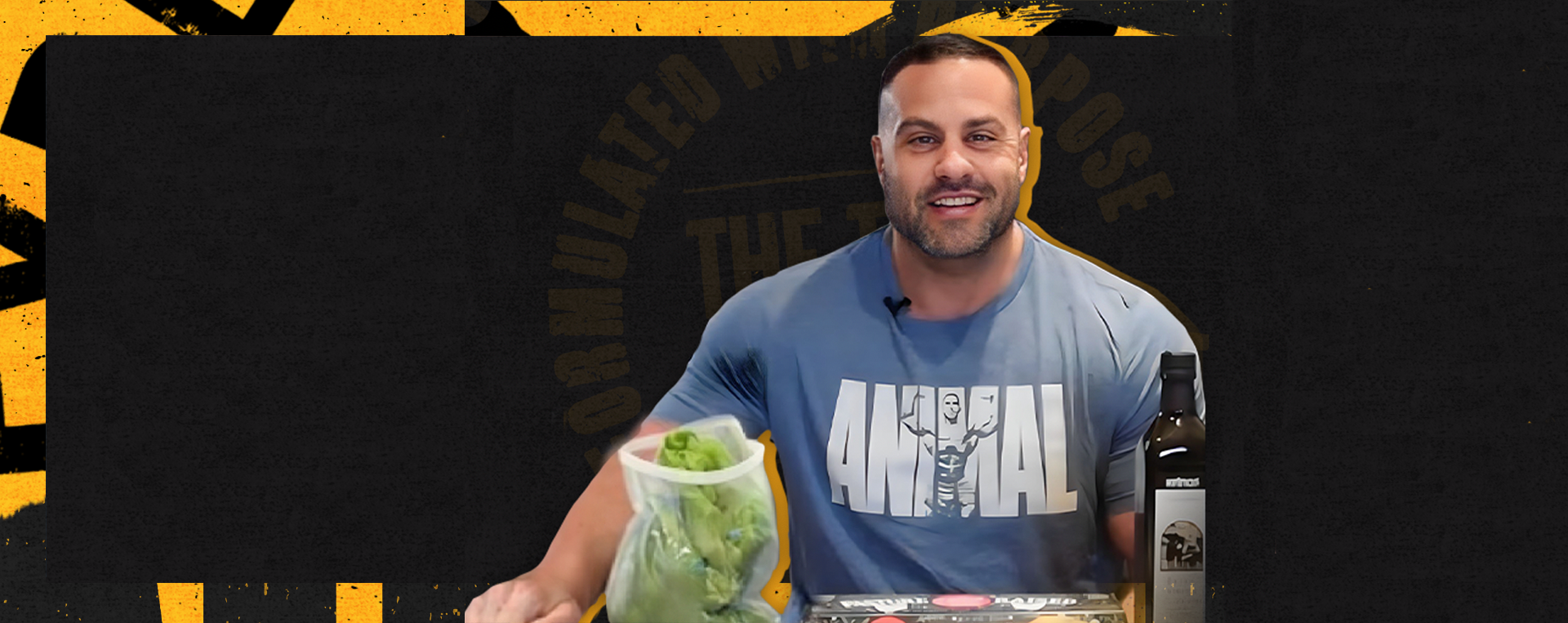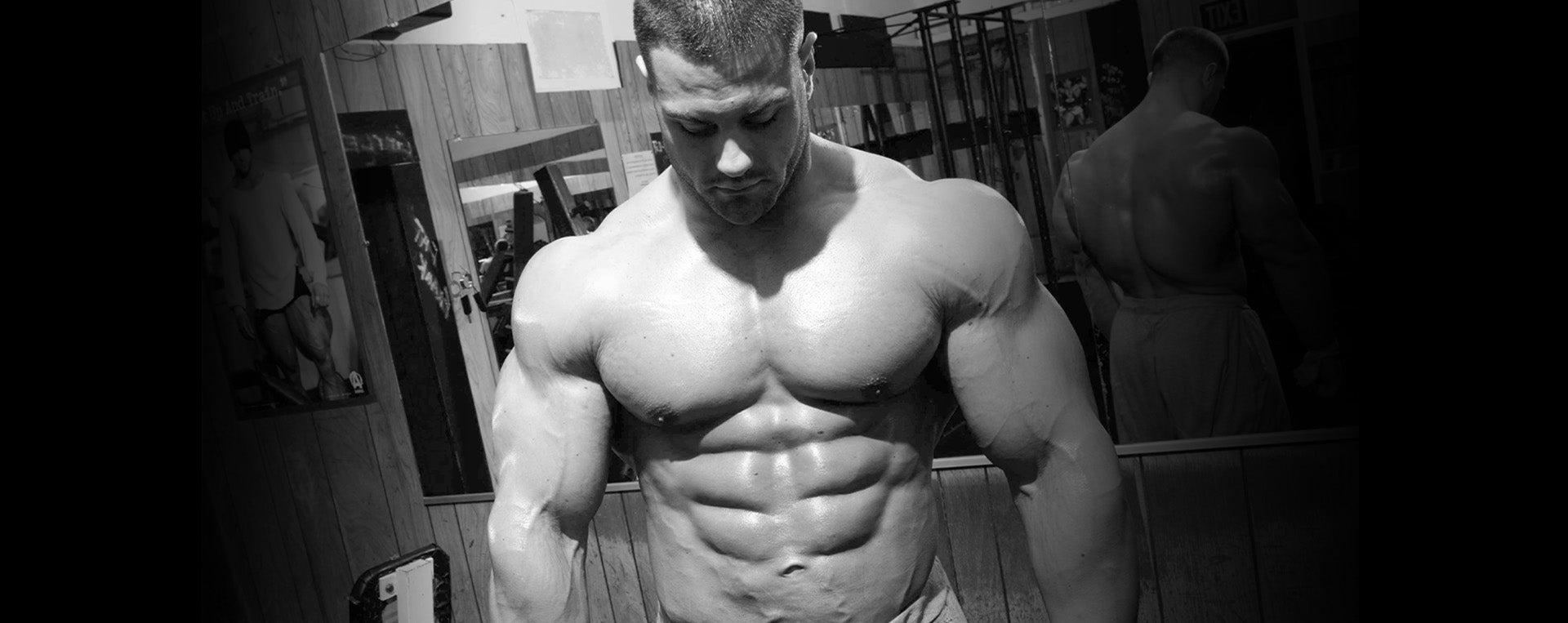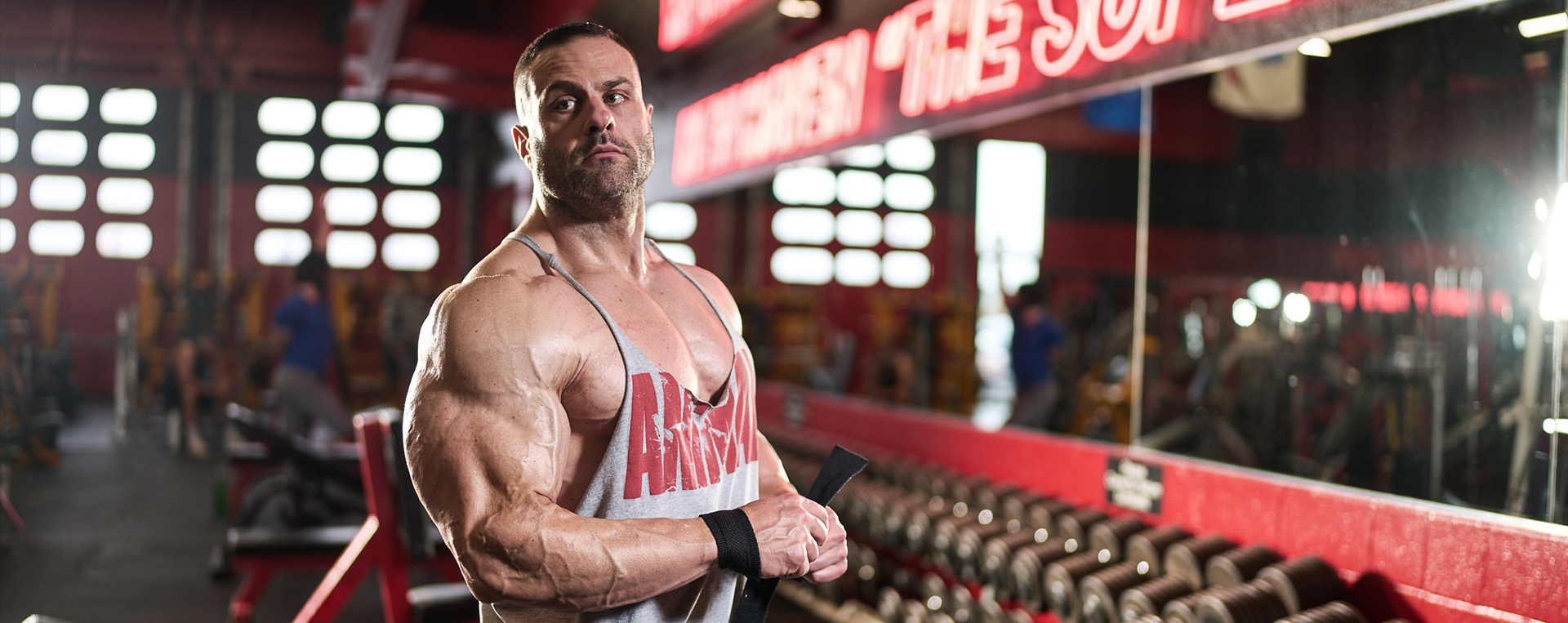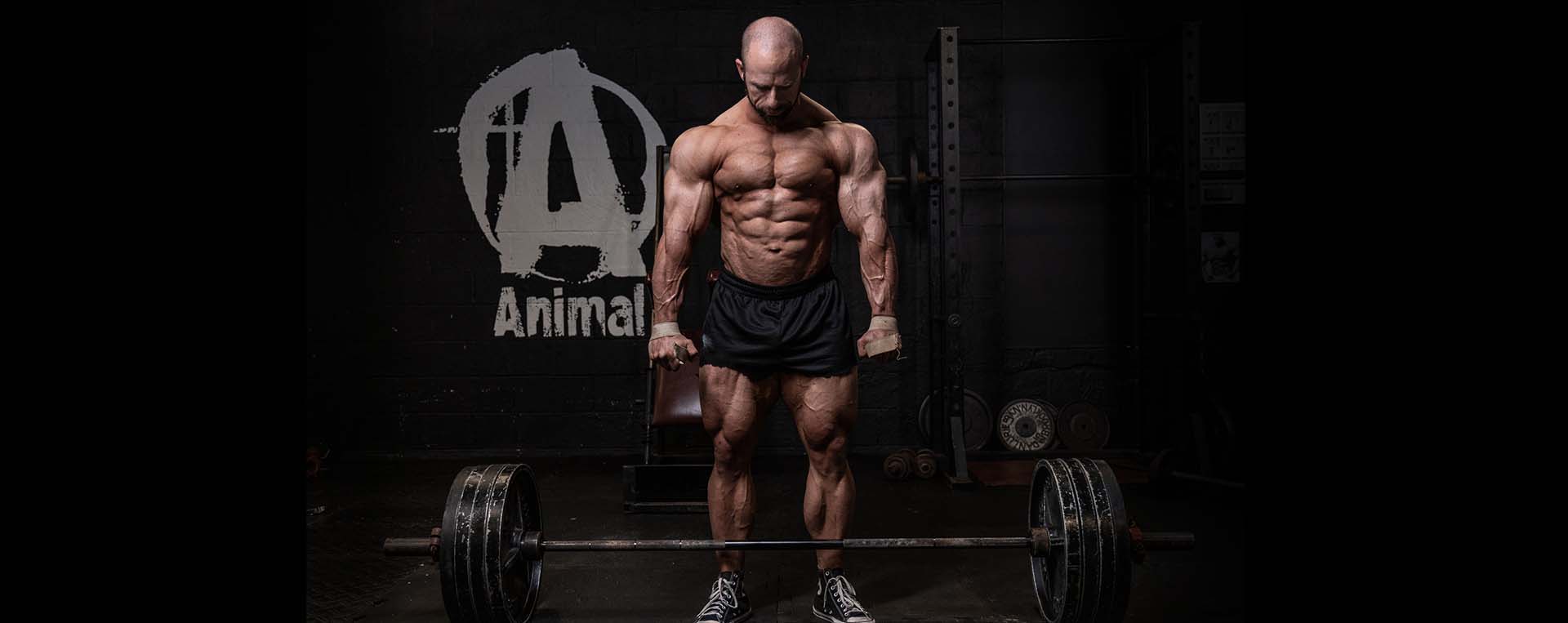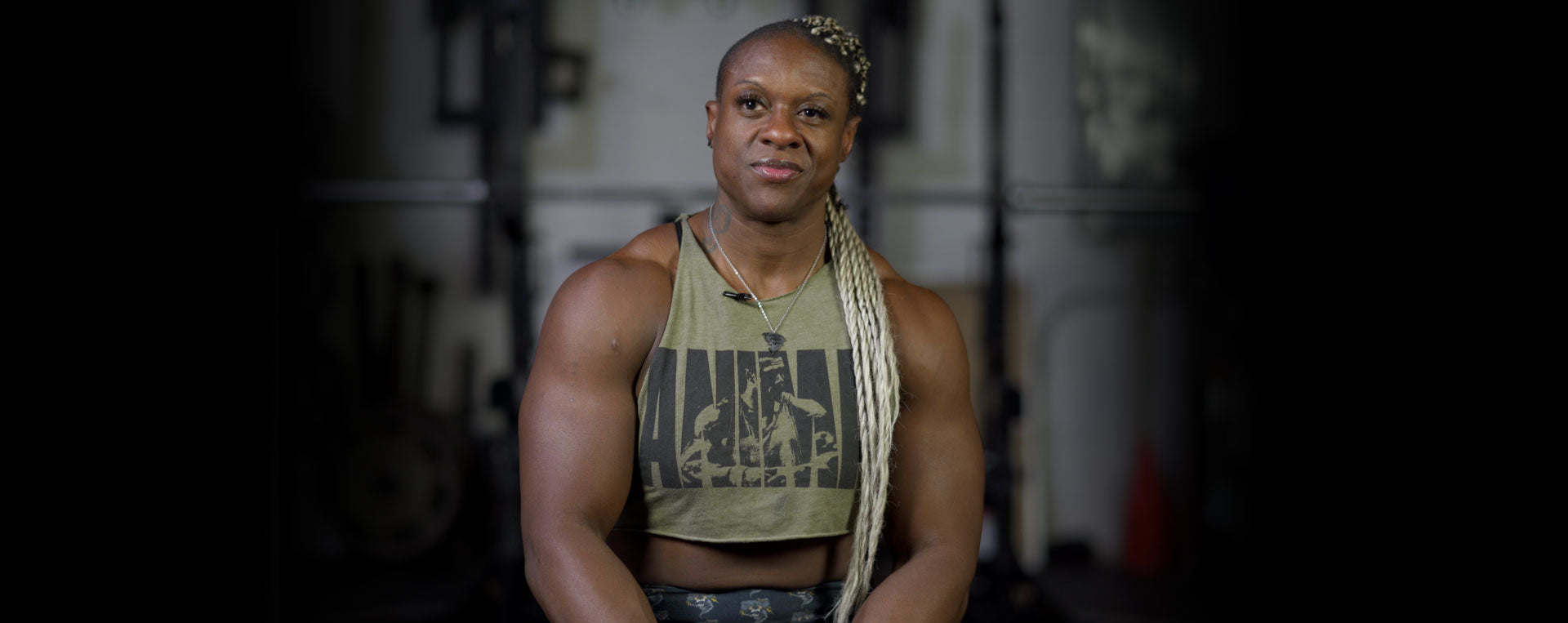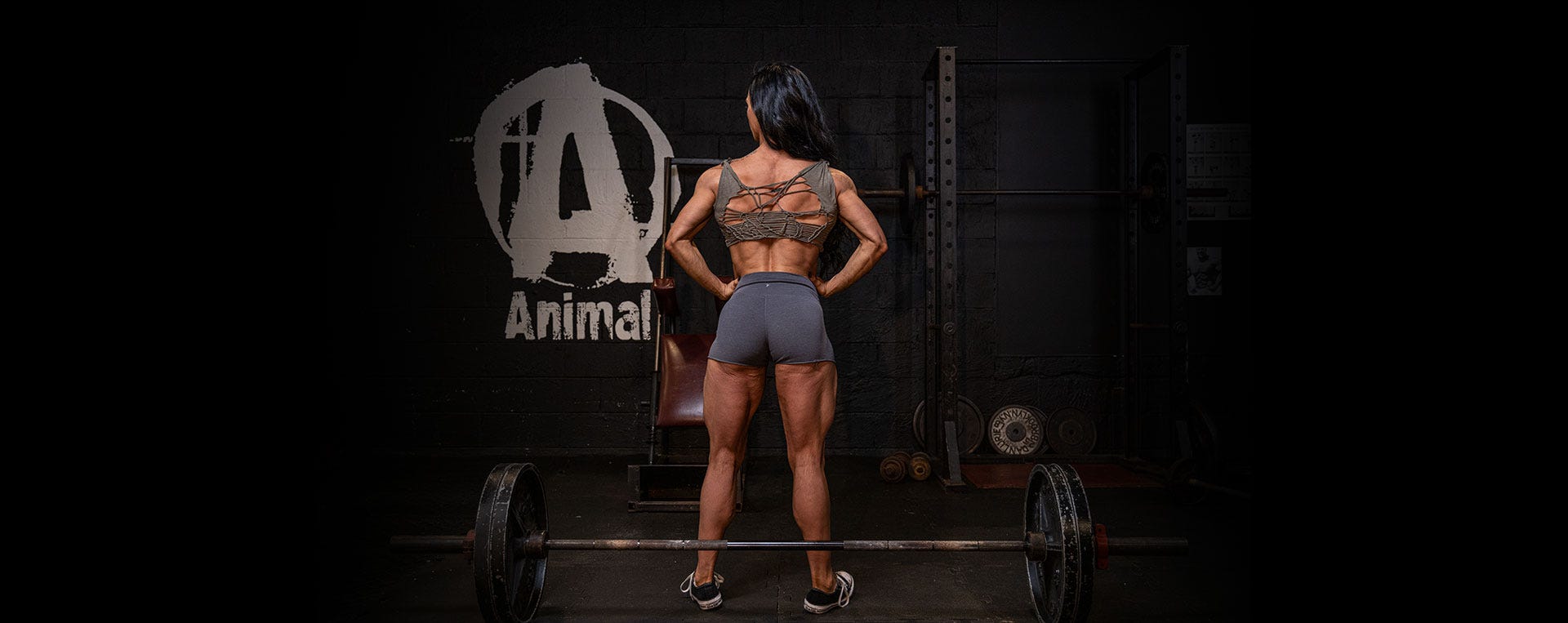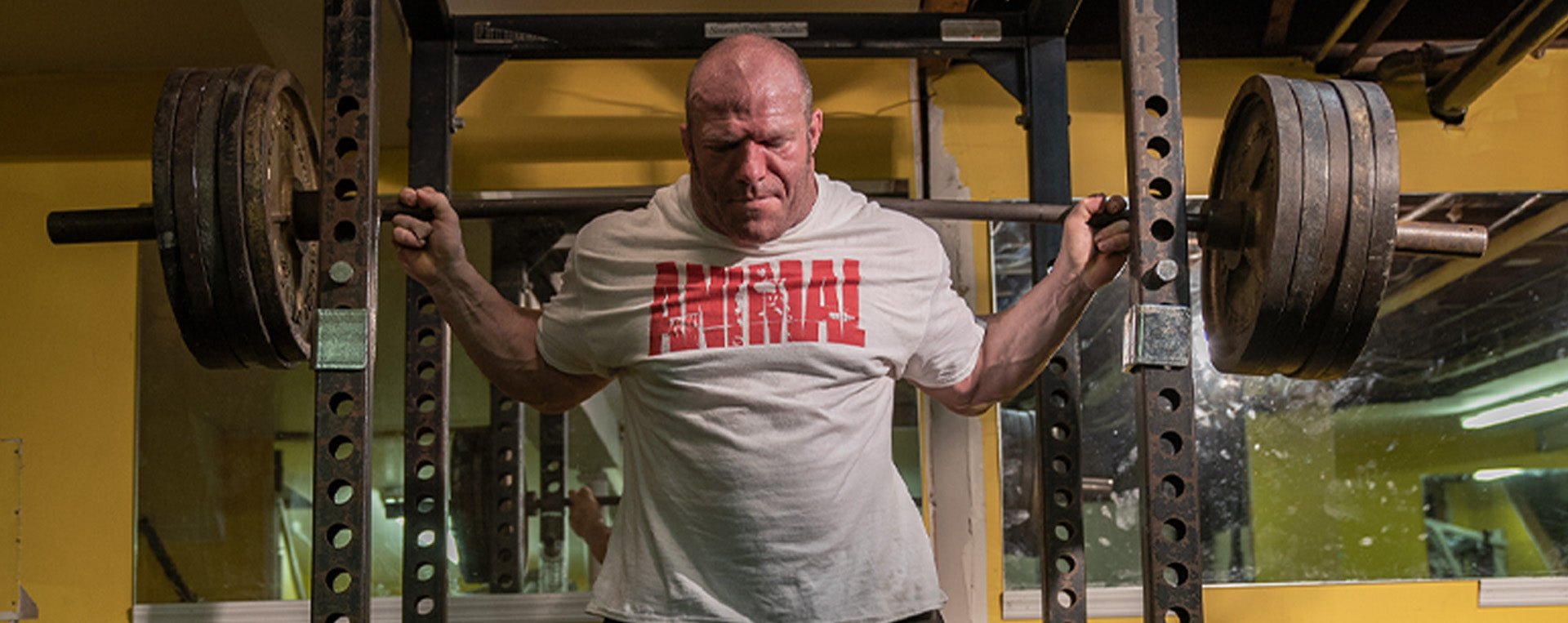https://www.youtube.com/watch?v=vg28swNxmp4
Progress is forward movement toward a set destination.
And we must all accept the simple fact that change must occur in order to achieve any kind of progress. If what you are currently doing is enough to elicit the type of response you are pursuing and brings you one step closer to your destination, then keep doing it. If, on the other hand, what you are doing fails to bring you closer to your destination, you must do something different.I’d like to point out that progress is rarely linear. You may enjoy periods of tremendous development as well as times of flat-lined frustration. For some, it might be a fight every step of the way, and for others it’s a walk in the park. But make no mistake, progress will not occur indefinitely. You can only get so big, so lean, and so strong. While it may sound like I am trying to discourage you, I assure you that I am not. Let’s just say that people rarely reach their full potential. Optimistically speaking, this means that you and I have plenty of progress left to make.
How do we achieve progress? In order to get bigger, stronger, faster, or leaner, you must give your body a reason to do so.
All of these traits are merely adaptations, or side effects of physical stimulus. You force an adaptation when you overload your body with the right stimulus. In light of my recent quad tendon rupture, I’ve found it necessary to constantly remind myself of this “overload” principle.Fellow IFBB Pro Chris Tuttle and I began training together back in 2008, and we have remained friends ever since. Looking back, our training was vastly different then from what it is today. Leg days of the past consisted of blasting as much weight for as many reps possible, thinking only about living for one more rep. While we still have that ever-present desire to get “one more rep,” it’s safe to say that our comfort zones have changed over the years. The pain and injuries that we’re both dealing with leave us wondering just how hard to push, and question what will lead to improvement and what might lead to further injury.
Right now, neither of us is able to push as hard as we did before. That doesn’t mean our training is a lost cause. Far from it. You see, everything is relative. I have been training several people in the gym. One client consistently expresses dissatisfaction with his strength and his ability to move heavy weight. He often ends sets by saying, “I’m such a pussy.” What he doesn’t realize is that he is one of my best clients. A great client isn’t the strongest or biggest. A great client is the one who gives all-out effort with every single training session. That kind of effort leads to positive change. So, while he may be far from powerful, he beats his former best on a consistent basis—and that’s what matters.
I can beat myself up remembering the feats of strength Chris and I pulled off in the past, reminding him of the time I squatted 6 plates for 8 reps. When you’re now squatting 1 plate for 5, it’s tempting to get down on yourself. Still, it’s important to keep in mind that should I find myself able to squat 1 plate for 10 reps the following week, I am moving forward. I am encouraged by that instead of despairing in the fact that this is nothing compared to squatting 6 plates for 8. Any veteran bodybuilder recognizes that progression means success, no matter how small the increment.










